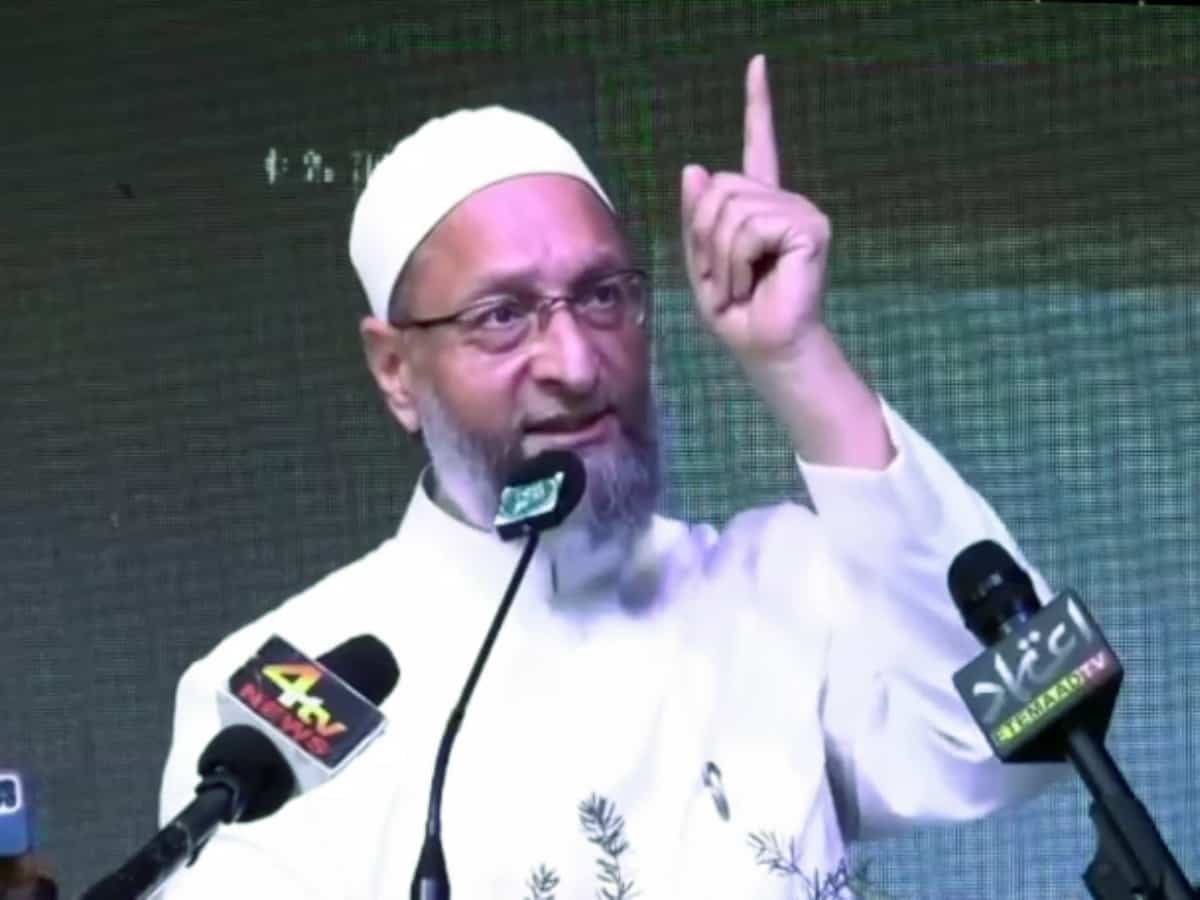
New Delhi: All India Majlis-e-Ittehadul Muslimeen (AIMIM) president Asaduddin Owaisi said that the judgement by the Varanasi court to allow Hindu devotees to offer prayers inside the ‘Vyas Ka Tekhana’ area inside the Gyanvapi mosque complex was a violation of the Places of Worship Act.
Asaduddin Owaisi said, “The judge who gave the decision was his last day before retirement. The judge appointed the District Magistrate as receiver on January 17 and finally he has directly given the verdict. He himself said that no prayers were offered since 1993. It has been 30 years. How does he know there is idol inside? This is violation of Places of Worship Act.”
He further said that it was a wrong decision.
“He has ordered to open the grills within 7 days. 30 days should have been given to make an appeal. This is wrong decision. Till the time Modi government does not state that they stand by the Places of Worship Act this will go on. During Babri Masjid title suit judgement, I had raised this apprehension. Places of Worship Act was made a part of the basic structure of the Supreme Court decision, then why are the lower courts not following the order?” Owaisi said.
He further said that the Intezamia Masjid Committee will appeal in the Allahabad High Court against this decision.
This comes as Varanasi court on Wednesday allowed Hindu devotees to offer prayers inside the ‘Vyas Ka Tekhana’ area inside the Gyanvapi mosque complex.
The court has asked the district administration to make the necessary arrangements in the next seven days.
Advocate Vishnu Shankar Jain, representing the Hindu side, told ANI, “Puja will start within seven days. Everyone will have the right to perform Puja.”
“Hindu side is allowed to offer prayers at ‘Vyas Ka Tekhana’. The District Administration will have to make arrangements within 7 days,” Jain said.
The mosque has four ‘tahkhanas’ (cellars) in the basement, of which one is still in the possession of the Vyas family, who used to live there. Vyas had petitioned that, as hereditary pujari, he be allowed to enter the tahkhana and resume pooja.



